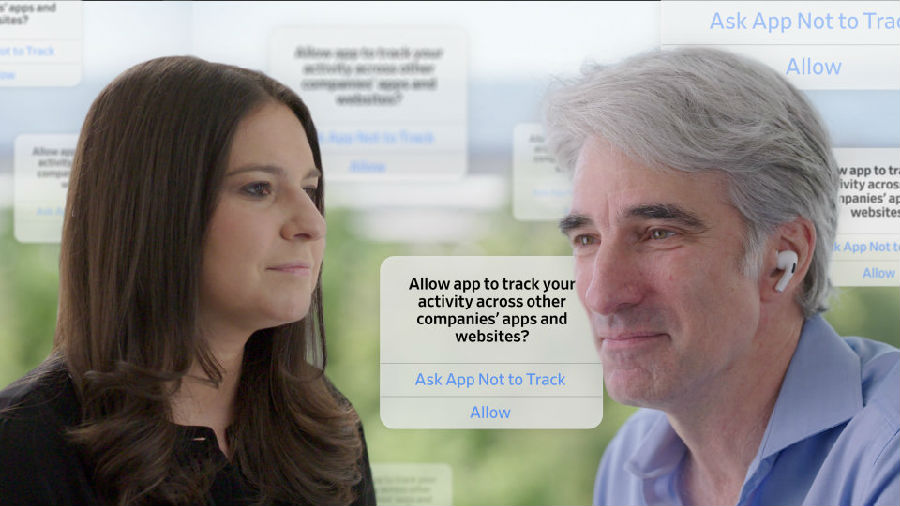Stronger privacy protections may make their ads less effective. In 2018 the EU imposed its General Data Protection Regulation (GDPR) and America’s most-populous state introduced the California Consumer Privacy Act. Both made it harder to harvest users’ data. Since 2020 Apple’s Safari web browser has blocked the “cookies” that advertisers use to see what people get up to online. Google has similar plans for its more popular Chrome browser.
加強隱私保護可能會降低營銷商的廣告效果。2018年,歐盟實施了《通用數據保護條例》(GDPR),美國人口最多的州也出臺了《加州消費者隱私法案》。這兩條法案的推出致使用戶數據收集變得更加困難。自2020年以來,蘋果網絡瀏覽器Safari已經屏蔽了廣告商用來窺視人們上網行為的“cookies”。而谷歌對其當紅瀏覽器Chrome也有類似的計劃。
Apple’s latest change makes explicit an option that was previously hidden deep in its phones’ settings. Users can forbid apps to access their “identifier for advertisers” (IDFA) code, which singles out their device, and from tracking their activity across other firms’ apps and websites. It amounts to a “seismic shift” in in-app advertising, says Jon Mew, head of the Internet Advertising Bureau, an industry body.
蘋果的最新更新讓之前隱藏在手機設置深處的選項直觀明確。用戶可以禁止應用程序訪問自己的廣告客戶標識符(IDFA,可單獨識別自己的設備),也可以禁止應用程序通過其他公司的應用程序和網站跟蹤自己的活動。行業組織互聯網廣告局負責人喬恩•繆表示,此次更新堪稱應用內嵌廣告界的劇變。

The platforms best-placed to survive the shake-out are those with lots of consumer data of their own. Google’s $147bn ad business gets most of the information it needs from the terms users type into its search bar. Amazon, whose digital-ad business is the third-largest and growing fast, has the advantage of being able to track what people buy after seeing ads on its site—a “closed loop”, as marketers call it. Apple knows where iPhone-users go, what time they wake up and much besides. It has a small but growing ad business, selling prominence in its app store, for instance.
那些自身擁有大量消費者數據的平臺最有可能在這次大洗牌中幸免于難。谷歌在廣告業務上投入1470億美元,它獲取大部分需要信息的渠道是通過用戶在其搜索欄中輸入的關鍵詞。亞馬遜的數字廣告業務位居世界第三且增長迅速,其優勢在于能夠跟蹤用戶在其網站上看到廣告后購買的商品——營銷人員稱之為“閉環”。蘋果掌握了大量的iPhone用戶數據,包括他們的出行以及起床時間。蘋果的廣告業務規模雖小,但漲勢驚人,比如在應用程序商店中銷售突出的產品。
譯文由可可原創,僅供學習交流使用,未經許可請勿轉載。











